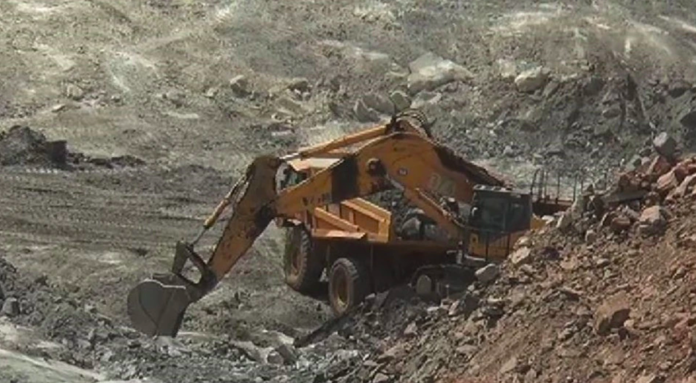The government of Burundi and a Russian company have signed an agreement on uranium mining in Burundi, aiming to bolster the country’s electricity generation capabilities. The deal, formalized after being presented to Burundi’s national assembly for approval, has ignited a mixed reaction among lawmakers and civil society organizations in Burundi.
The agreement, endorsed by Burundi’s Ministry of Mines and Territory Management, was presented last month during a session of the national assembly. Minister Ibrahim Uwizeye highlighted the potential benefits of uranium mining, including the significant boost it could provide to the country’s electricity supply. The generated power is expected not only to support the mining operations but also to facilitate the extraction of nickel and other underground resources, addressing the current power shortage in Burundi.
However, Minister Uwizeye also noted that, according to international agreements, Burundi does not have the right to mine the metal independently. The electricity expected from the Russian company’s operations is projected at various levels, ranging from 50 to 250 megawatts, addressing concerns about the potential misuse of uranium for non-legal purposes, with assurances of strict oversight.
Despite these reassurances, concerns persist among legislators about the environmental and health risks associated with uranium mining, including the possibility of cancer. Questions were raised about Burundi’s readiness to protect its citizens’ health and the environmental integrity of mining sites.
The discussion also touched on the fear that Burundi might end up with lower-grade uranium deposits if higher-quality ores are exported by the Russian company, highlighting the need for comprehensive knowledge and management of the country’s mineral resources.
Moreover, the transparency and fairness of the deal have been questioned. OLUCOME, a local organization dedicated to fighting corruption and mismanagement of state assets, expressed skepticism about the benefits of this agreement for Burundi. They highlighted past instances where international mining ventures did not fulfill their promises, suggesting the possibility of a select group monopolizing the wealth derived from uranium, with minimal benefits to the wider population.
Globally, only six countries have the authorization to process enriched uranium: Russia, France, Canada, Japan, the United Kingdom, and the United States. Burundi’s collaboration with Russia on uranium mining underscores its exclusion from these privileges and its reliance on foreign expertise for resource exploitation.
The uranium mining agreement between Burundi and Russia thus stands at the crossroads of opportunity and caution, reflecting the broader challenges of resource extraction in developing countries.































































